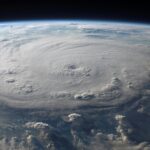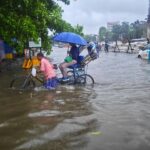Urban areas are becoming increasingly vulnerable to unpredictable weather patterns. With rising temperatures, sudden rainfall, and extreme storms, traditional forecasting methods often fall short of providing accurate insights at the neighborhood level.
Today, smart city technologies are stepping in to bridge this gap. By combining IoT sensors, satellite data, and AI-powered forecasting models, cities can now predict weather patterns with greater precision. This allows for faster flood warnings, heatwave alerts, and better preparation for urban infrastructure.
As cities continue to grow, localized weather prediction is not just about science — it’s about keeping communities safe, informed, and resilient in the face of climate change.




